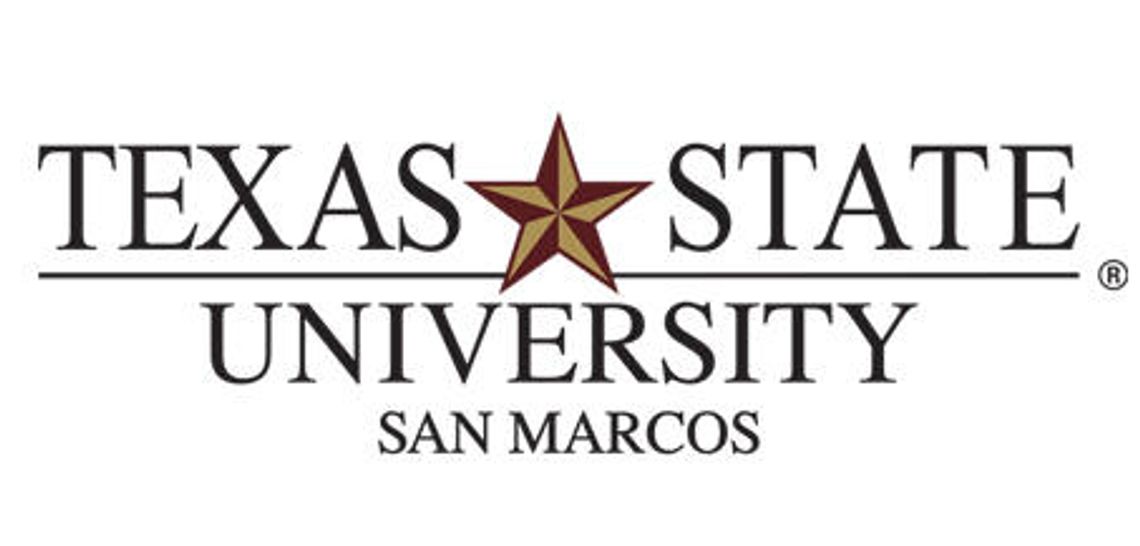SAN MARCOS – Due to the increase in COVID-19 cases in Hays and Williamson Counties, Texas State University will transition nearly all classes to online delivery for the Summer II session beginning July 6 on both the Round Rock and San Marcos Campuses.
"The President’s Cabinet and I have been monitoring daily the COVID-19 situation in Hays and Williamson Counties," Texas State President Denise Trauth said. "In consultation with Chief Medical Officer Emilio Carranco, M.D., this afternoon, we made the decision that for summer II we will transition nearly all face-to-face classes to online delivery. The only courses that will remain face-to-face are those that require a face-to-face component for licensure or degree requirements. The number of students enrolled in face-to-face courses during summer II will be about 200 on the San Marcos Campus and about 200 on the Round Rock Campus. The courses remaining in the face-to-face mode will follow strict standard operating procedures to ensure the health, wellness, and safety of faculty and students. There is no change to the status of our phased resumption of research in research facilities and field sites.
"The health, wellness, and safety of staff are also our priority. We do not expect all staff to return to full-time in-person work during the summer II session. Offices that have been able to operate with minimal staff physically present on our campuses since the beginning of summer should continue to do so until we begin to ramp up for the fall semester in early August," Trauth said. "All units that normally provide face-to-face student services in the summer must continue to do so with appropriate modifications to enhance public health. To limit the number of people in an area at a given time, we have asked supervisors to develop plans for alternating schedules, where employees work remotely on some days or portions of days, and/or work on weekends, early morning hours, late evening hours, or combination of these.
"We are planning for a return of face-to-face instruction and services in fall 2020. If students are comfortable returning to our campuses, we have many protective measures in place," she said. "For students who are not able to return to campus at that time, or choose not to do so, remote learning opportunities are available to keep them on track academically. Not all classes will be available in a remote format; so, students will need to meet with their advisors to assess how such a choice would affect their paths toward graduation."
The university's chief medical officer monitors the campus and local situation closely and is in regular consultation with public health officials at the local, state and federal levels. Social distancing and other strategies the university has implemented to help control the spread of COVID-19 are outlined in the Roadmap to Return at www.txstate.edu/coronavirus/road-map.html.











